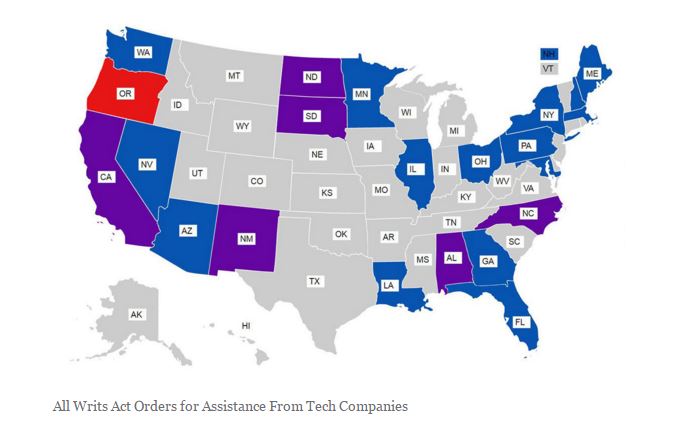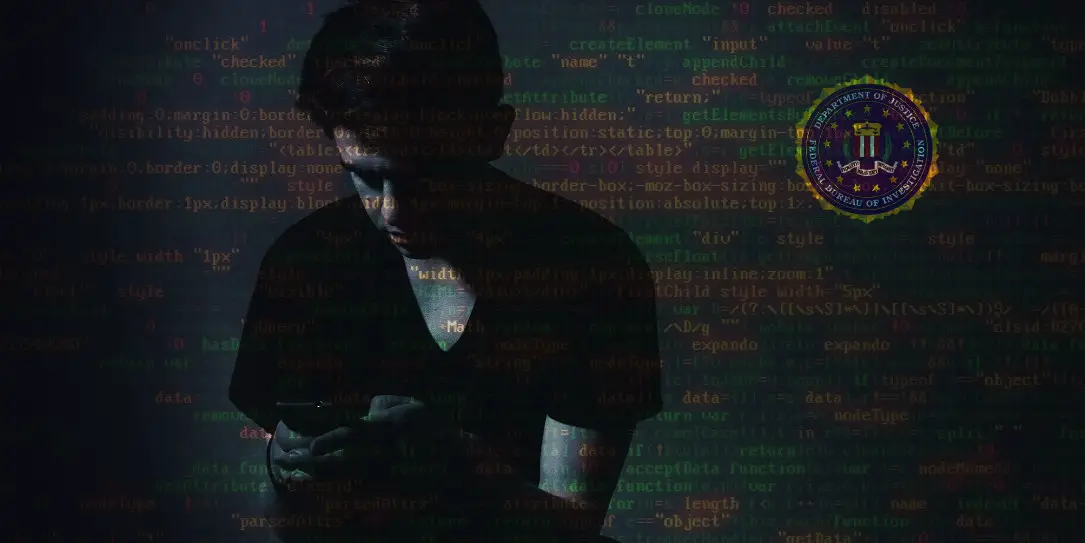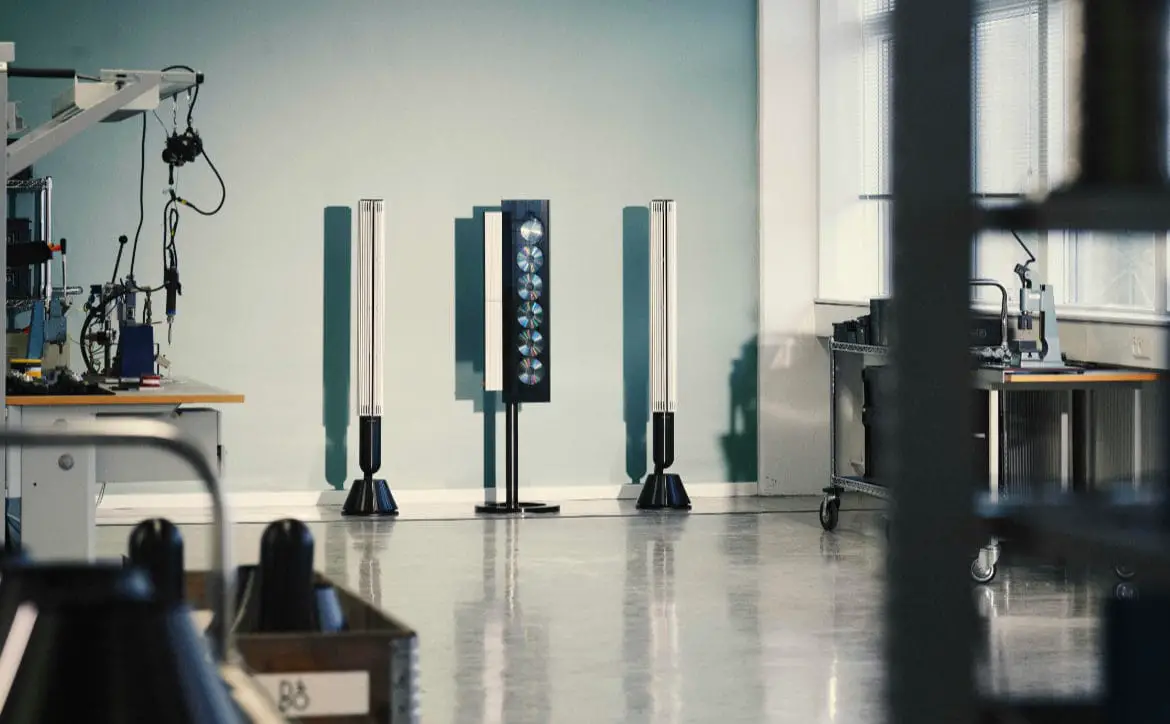After all the drama between the FBI and Apple over the iPhone 5c used by the shooter in the San Bernardino shooting, which ended rather anticlimactically with the FBI dropping the case, we are now getting confirmation of what everyone always suspected — this is not just about one phone.
In fact, Apple’s CEO Tim Cook made it one of his main points, that building such a backdoor into the operating system will allow the FBI to poke their noses into every iPhone, not just those involved in a major crime. The American Civil Liberties Union (ACLU) has now created and posted a map of all the states in which law enforcement agencies have requested access to phones from various major tech companies.

It all comes down to the All Writs Act. This particular act was originally passed centuries ago and many have criticized it as too outdated to apply to matters of technology in the 21st century. This act was invoked when the FBI asked Apple to make a special version of iOS with a backdoor, which some decried as stretching the All Writs Act.
“The implications of the government’s demands are chilling. If the government can use the All Writs Act to make it easier to unlock your iPhone, it would have the power to reach into anyone’s device to capture their data. The government could extend this breach of privacy and demand that Apple build surveillance software to intercept your messages, access your health records or financial data, track your location, or even access your phone’s microphone or camera without your knowledge.”
– Tim Cook
All the media attention has been focused on this particular case, however the ACLU’s map shows us that Apple isn’t the only major company getting requests to allow access to phones, via the All Writs Act. Google has also been requested in various cases from seven states — Oregon, California, New Mexico, South Dakota, North Dakota, North Carolina, and Alabama. In a statement to the The Wall Street Journal, here is what a Google spokesperson had to say.
“We carefully scrutinize subpoenas and court orders to make sure they meet both the letter and spirit of the law. However, we’ve never received an All Writs Act order like the one Apple recently fought that demands we build new tools that actively compromise our products’ security…. We would strongly object to such an order.”
As these statistics show, this is about much more than just one phone. It’s a good thing Apple stood up to the FBI’s demands. If they had complied and broken into the iPhone 5c, it would have set a very dangerous precedent.
What do you think about these demands of law enforcement agencies? Do you believe we should forego our online privacy for the sake of national security? Let us know, in the comments below, on Google+, on Facebook, and on Twitter!
[button link=”https://www.aclu.org/blog/speak-freely/map-shows-how-apple-fbi-fight-was-about-much-more-one-phone” icon=”fa-external-link” side=”left” target=”blank” color=”285b5e” textcolor=”ffffff”]Source: ACLU[/button] [button link=”http://www.wsj.com/article_email/google-has-also-been-ordered-to-help-unlock-phones-records-show-1459342847-lMyQjAxMTE2MDMxMDkzNjAwWj” icon=”fa-external-link” side=”left” target=”blank” color=”285b5e” textcolor=”ffffff”]Source: WSJ[/button]









